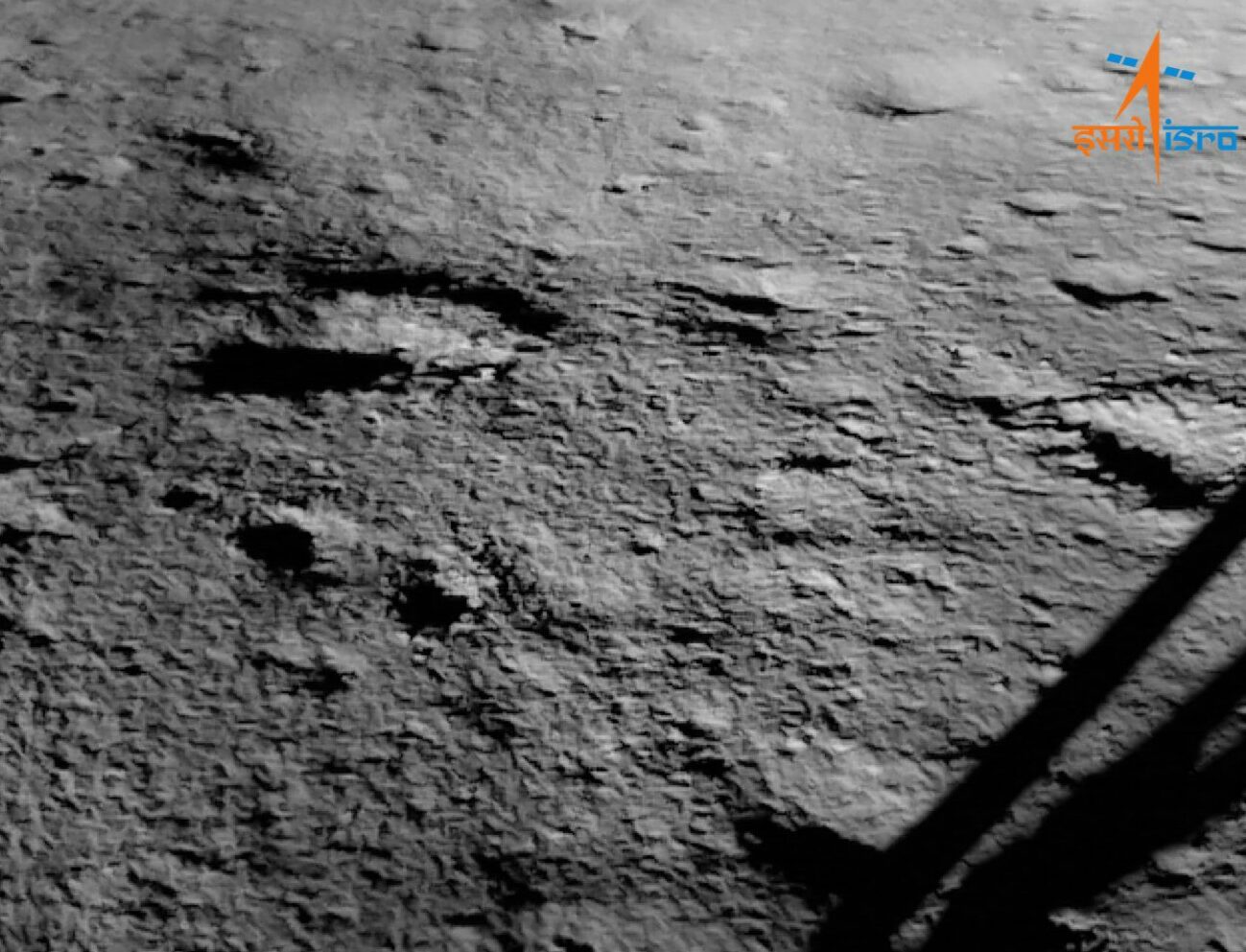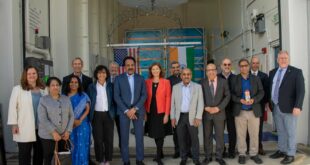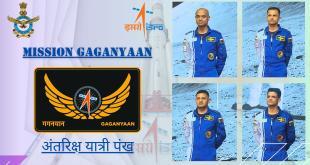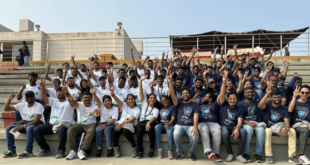
Ibadan, 24 August 2023. – The Indian Space Research Organization (ISRO) has successfully soft-landed the Chandrayaan-3 lunar mission on the moon’s south pole. Recall that the Space and Research Organization launched the spacecraft on July 14 from the Satish Dawan Space Center in India. India has successfully become the third Country to achieve this feat, joining the USA, USSR and China.
In addition to landing on the moon, Chandrayaan-3’s landing site is closer to the moon’s south pole than any other spacecraft in history has gone. Scientists and space programs consider the moon’s South Pole region as an area of key scientific and strategic interest for spacefaring nations, as scientists believe the region to be home to water ice deposits. This achievement consequently increases the significance of the Chandrayaan-3 mission.
Speaking on the momentous occasion, Indian Prime Minister Narendra Modi commented, “India’s successful moon mission is not just India’s alone. This is a year in which the world is witnessing India’s G20 presidency. Our approach of one Earth, one family, one future is resonating across the globe.” The Prime Minister also added, “This human-centric approach that we present and we represent has been welcome universally. Our moon mission is also based on the same human-centric approach. Therefore, this success belongs to all of humanity, and it will help moon missions by other countries in the future.
The Country had previously attempted the same feat as Chandrayaan-2’s Vikram lander, and its rover crashed onto the lunar surface in 2019. However, Chandrayaan-3’s Vikram lander completed the precision maneuvers required to make a soft touchdown on the lunar surface after it was ejected from the propulsion module.
 SpaceWatch.Global An independent perspective on space
SpaceWatch.Global An independent perspective on space




